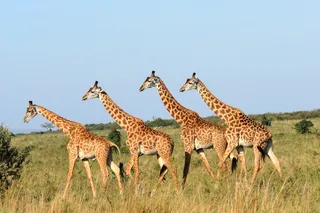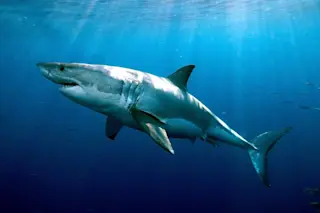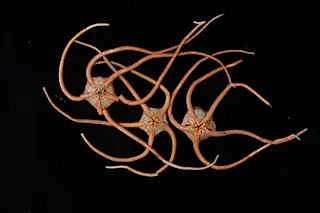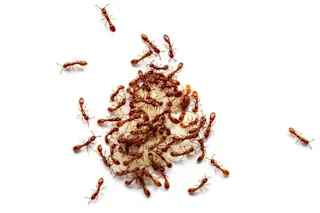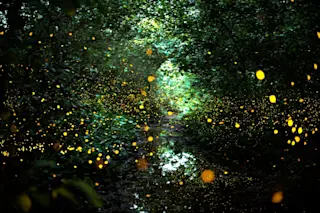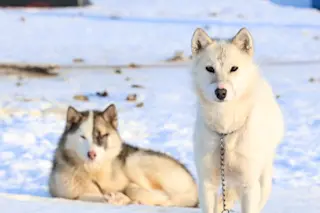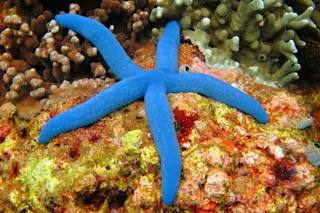A new genetic analysis has shaken up the tree of life, dispelling the common assumption that sea sponges or comb jellies are the original ancestors of all animals. That original animal, also referred to as the "ur-animal," is thought to have given rise to both the "lower" animals (Cnidaria), such as coral and jellyfish, and "higher" animals (Bilataria), such as insects and humans. Based on the new study, researchers are now putting forth a new classification, which would place sponges among the "lower" animals, leaving an open spot for the original animal.
"It's a question that has plagued animal biologists for a couple hundred years: What could be the mother of all animals?" said [researcher] Rob DeSalle... "We've turned it upside down" [Wired Science].
Taxonomy has come a long way since the Linnaean system, based largely on comparative anatomy, was introduced in 1735. The research team
fed morphological data on ...




